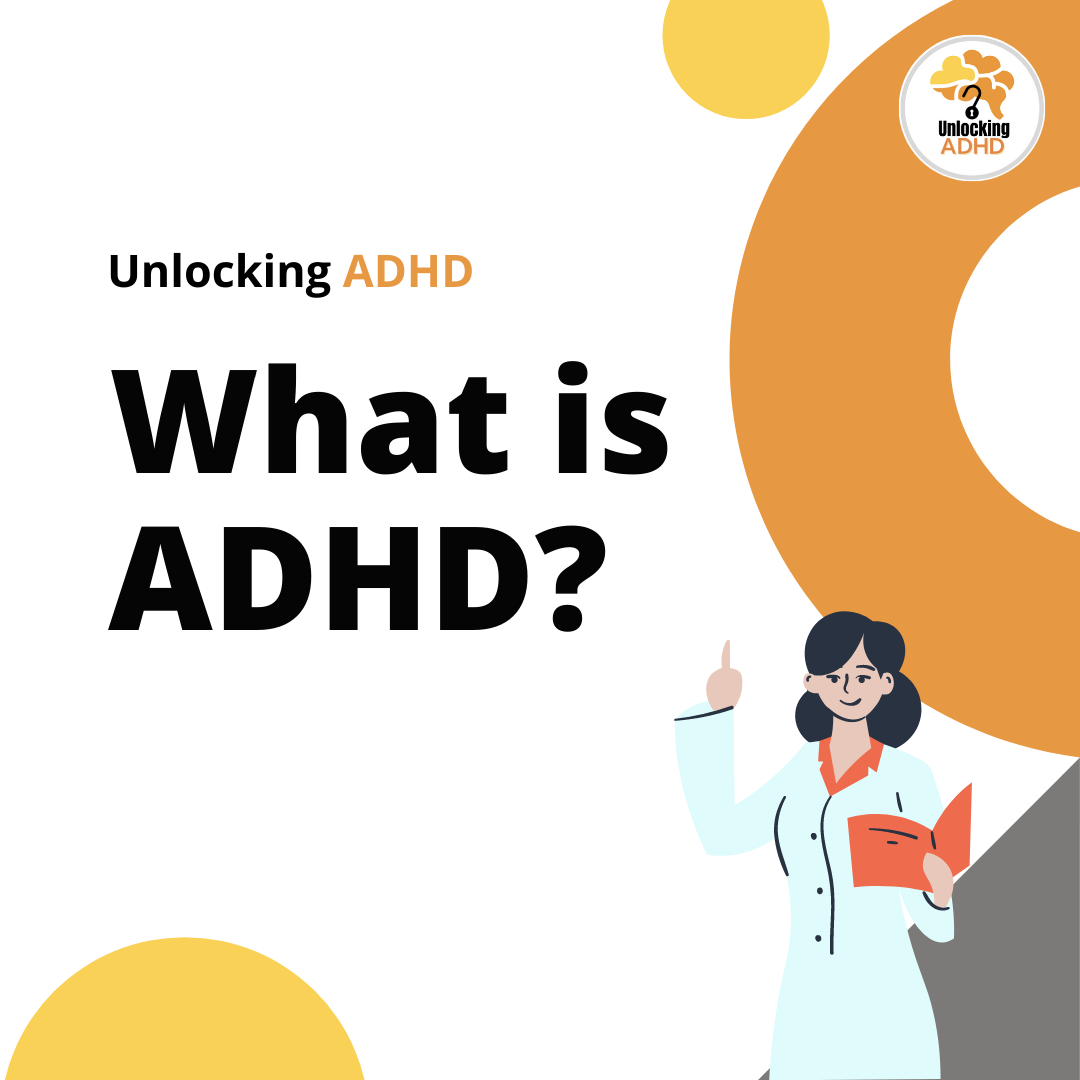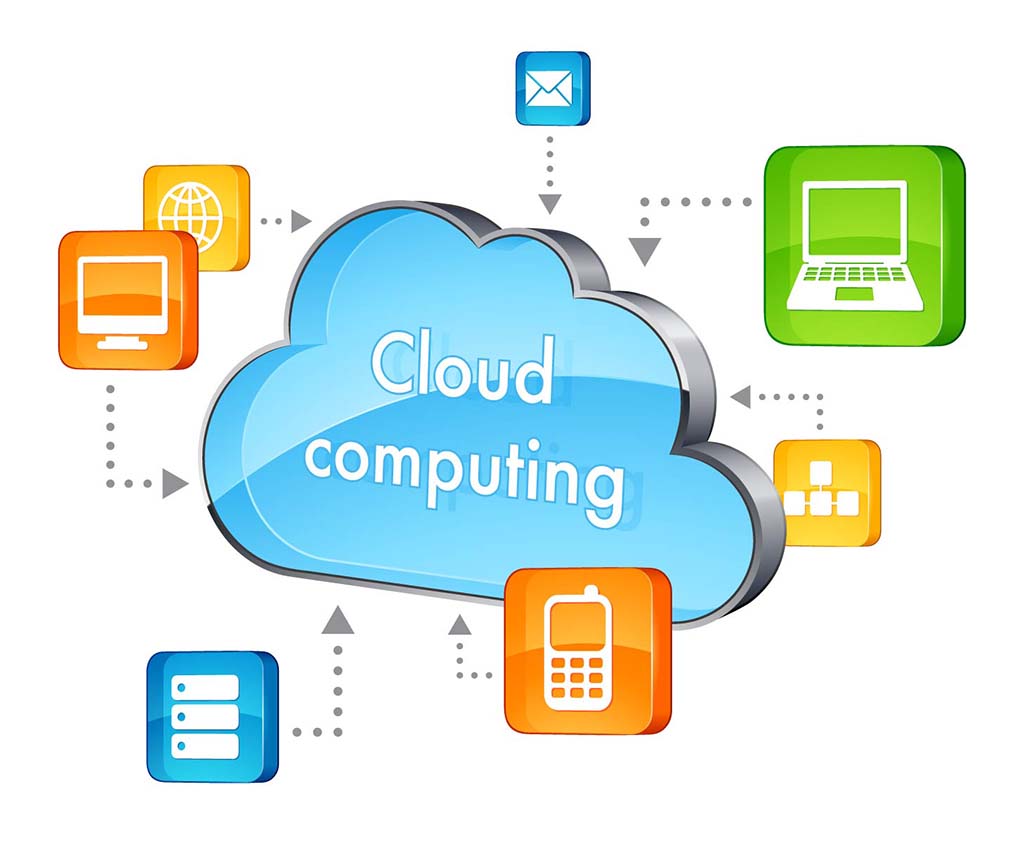ADHD therapy and behavioral treatments
ADHD (Attention-Deficit/Hyperactivity Disorder) therapy and behavioral treatments are essential components in managing the symptoms and improving the functioning and quality of life for individuals with ADHD. Here's an overview of some common therapeutic approaches:

Related Searches
1. Behavioral Therapy: Behavioral therapy focuses on modifying specific behaviors associated with ADHD. Techniques such as behavior modification, reinforcement strategies, and token economies are used to encourage positive behaviors and reduce problematic ones.
2. Parent Training and Education: Parents play a crucial role in managing ADHD symptoms in children. Parent training programs provide education on ADHD, teaching parents effective strategies for managing behavior, providing structure and routine, and improving communication with their child.
3. Cognitive-Behavioral Therapy (CBT): CBT helps individuals with ADHD develop skills to manage their symptoms and improve executive functioning. It targets cognitive processes such as attention, organization, planning, and impulse control through techniques like cognitive restructuring, problem-solving, and behavioral rehearsal.
4. Social Skills Training: Many individuals with ADHD struggle with social interactions and relationships. Social skills training teaches specific social skills, such as active listening, conversational skills, and conflict resolution, to improve social functioning and peer relationships.
5. School-Based Interventions: School interventions are crucial for children with ADHD to succeed academically and socially. These may include accommodations such as preferential seating, extra time on tests, and modified assignments, as well as interventions targeting organizational skills and study habits.
6. Executive Functioning Coaching: Executive functioning coaches work with individuals with ADHD to improve skills related to organization, time management, planning, prioritization, and self-regulation. Coaching sessions focus on setting goals, developing strategies, and implementing practical tools to support daily functioning.
7. Mindfulness and Relaxation Techniques: Mindfulness-based interventions teach individuals with ADHD to cultivate present-moment awareness and self-acceptance, reducing stress and improving emotional regulation. Techniques such as deep breathing, meditation, and yoga can help individuals manage impulsivity and hyperactivity.
8. Biofeedback and Neurofeedback: Biofeedback and neurofeedback techniques provide real-time feedback on physiological and brainwave activity, helping individuals learn to regulate their attention and arousal levels. These techniques can be used to improve focus, impulse control, and self-regulation skills.
9. Medication Management: While behavioral interventions are essential, medication may also be prescribed to manage ADHD symptoms effectively. Stimulant medications (such as methylphenidate and amphetamine) and non-stimulant medications (such as atomoxetine and guanfacine) are commonly used to improve attention, impulse control, and hyperactivity.
10. Multimodal Treatment Approaches: A combination of behavioral interventions, medication management, educational support, and family involvement is often the most effective approach for treating ADHD. Multimodal treatment addresses the complex and multifaceted nature of ADHD symptoms, tailoring interventions to the individual's specific needs and circumstances.
Overall, ADHD therapy and behavioral treatments aim to empower individuals with ADHD and their families with practical strategies and support to manage symptoms, improve functioning, and achieve their full potential in various domains of life. It's essential to work closely with qualified professionals, such as psychologists, psychiatrists, educators, and therapists, to develop a comprehensive treatment plan tailored to the individual's unique strengths and challenges.






